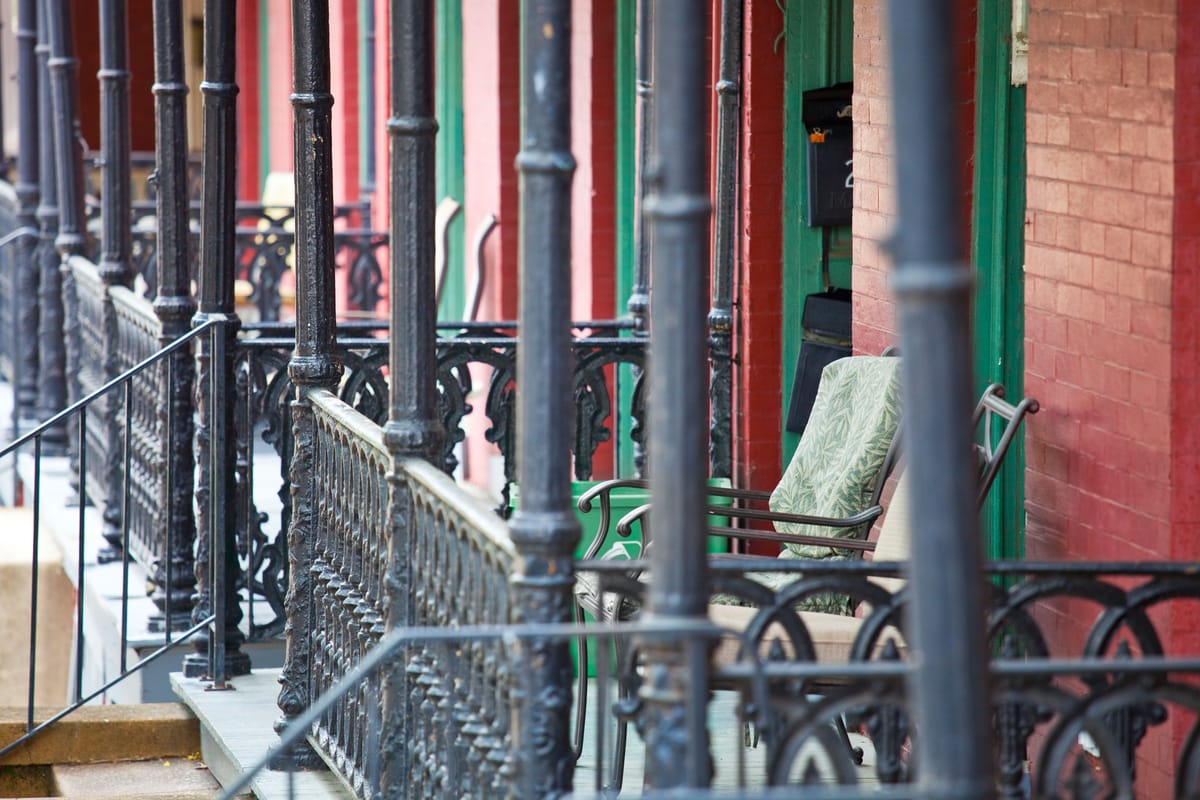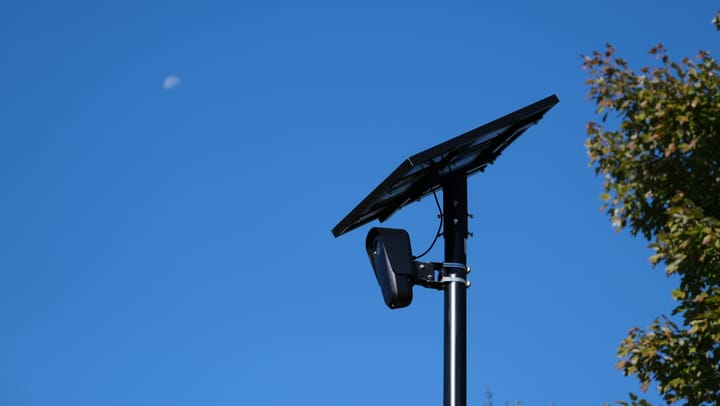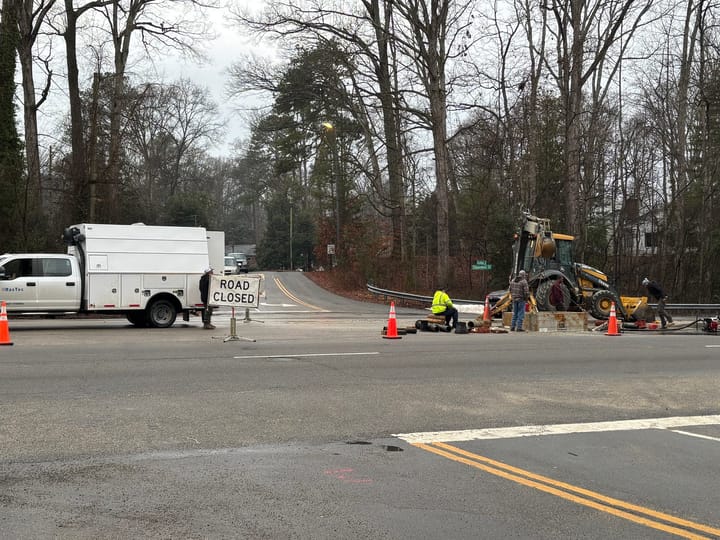
What’s coming with Richmond real estate tax bills? More growth, then a freeze
According to the pending Richmond budget expected to be approved this month, residents should expect to see 6% total growth in real estate tax assessments that go out in September.
That means most property owners — depending on their neighborhood — will see their tax bills climb higher again this fall after several years of growth fueled by Richmond’s hot housing market.
But that’s the last time taxpayers will see a reassessment for a while.
The next change in property assessments won’t happen until May of 2027, because the city is freezing the process for a year in order to sync up its budgeting and assessment timelines. The goal of the one-year freeze, according to city officials, is to eliminate some of the guesswork involved in projecting how much real estate tax revenue the city will collect in a particular budget year.
The freeze means property owners will pay the same amount in taxes for the city’s next two budget years, creating a one-year break from growing bills. However, when the cycle catches up in early 2027, property owners could see a double whammy of a tax increase because the notices will reflect two years’ worth of change to their property value.
Real estate tax bills are calculated using two key numbers: The tax rate set by the City Council and the estimated value of a property based on the city assessor’s yearly appraisal of how much it's worth. As home values rise, so do tax bills.
Richmond’s real estate tax rate is $1.20 per $100 of assessed value, and the pending city budget keeps it there. Under that math, a house worth $400,000 would come with a tax bill of $4,800.
With few signs that the city’s housing market is slowing down, officials are fretting about how to communicate the coming assessment freeze to the public. Some feel that — with many Richmonders already struggling to afford the tax bills they get now — the city should start warning residents they could see significantly higher assessments on the other side of the freeze.
“We know that people are priced out,” Councilor Nicole Jones (9th District), said during a recent City Council discussion of the upcoming freeze. “So how are we helping folks stabilize? Do we just say don’t spend money? Put some money to the side? Put it under the mattress? How are we helping people fully understand what’s to come?”
Interim Chief Administrative Officer Sabrina Joy-Hogg said the city is already making plans to explain the shift in a “very simple way” to residents and mortgage companies.
“This is complicated,” Joy-Hogg said. “And they don’t care about our dates and cycles. They just want to know when do they have to pay the bill and what is it. And don’t increase it if you don’t have to.”
The Richmonder is powered by your donations. For just $9.99 a month, you can join the 1,000+ donors who are keeping quality local journalism alive in Richmond.
Assessments could go up again in early 2027, Joy-Hogg said, but if the economy goes into a recession that impacts housing prices, they could very well go down.
Synchronizing the schedules would allow votes on the tax rate and the budget to happen at the same time, potentially making it clearer to the public when city officials are choosing to approve higher tax bills. The change could also give the council more flexibility to consider lowering the tax rate if clearer budget math indicates the city can afford it.
“Historically what’s happened is we kind of get a pass on really having a discussion on the tax rate,” said Councilor Kenya Gibson (3rd District). “Because it’s a moot point to talk about when we have no idea what the assessments are going to be.”
Under state law, if the total value of taxable property goes up by more than 1%, the City Council is required to give the public a chance to weigh in on whether tax bills should go up accordingly or stay about the same. By default, the council is supposed to consider rolling back the tax rate to keep bills steady and offset large spikes in assessments. But because the final assessment data comes out months after the budget is approved, the council is usually advised it can’t lower the tax rate because the extra money from higher bills is already baked into the budget.
So even though Mayor Danny Avula can correctly say his budget doesn’t raise the tax rate, it relies on a policy choice that Virginia law describes as a “tax increase.”
Recently, there’s been little political appetite to change the rate in either direction, leaving many homeowners with bills that have risen substantially despite officials’ assurances the rate is staying the same. Councilor Reva Trammell (8th District) proposed a 4-cent reduction in the tax rate last year, but her plan failed in a split 5-4 vote. Trammell recently reintroduced the proposal, but pulled it from consideration during last week’s council meeting. She said she knew it wouldn’t pass.
To offer some relief, the city has approved a few one-time tax rebates instead of lowering the rate. The city’s efforts to send out a round of rebate checks this year has suffered from numerous errors and delays, which could potentially change the council’s perspective on lowering bills overall vs. trying to mail tax money back.
In his first budget speech to the City Council, Avula pointed to rising tax assessments as a factor that contributes to the city’s housing affordability and gentrification issues. He also said the city’s tax base is “extremely constrained” by the high amount of tax-exempt property in Richmond owned by VCU and the state government.
“The entire city of Richmond is contained in about 62 square miles, basically an 8-mile by 8-mile box, which is tiny in comparison to our regional neighbors,” Avula said. “Property taxes from that tiny box are our single largest source of revenue.”
Avula’s proposed general budget is about $50 million larger than the city’s current budget, an increase that comes mostly from the projected 6% growth in property values.
Over the course of the budget work that has played out over the last month, council members have asked numerous times why the city is saying money is tight and budgets need to be cut when everyone knows they’ve been paying more and more in real estate taxes each year.
Summarizing the administration’s perspective on that question, Budget Director Meghan Brown said at one meeting “we’re just living above our means.”
“It’s not like we’re not increasing our budget,” Brown said. “We just have a lot more expenses. And things are getting more expensive.”
City officials have stressed that the post-pandemic period of inflation hit local government too, raising the costs of a wide variety of things the city spends money on.
Some council members saw the “living above our means” remark as a near-admission that City Hall’s expenses are spiraling beyond what taxpayers can reasonably be expected to afford.
As she pushed unsuccessfully for a closer look at the high salaries being paid to top City Hall officials and the growth in mid-level municipal jobs like policy analyst and management analyst Councilor Sarah Abubaker (4th District) said she was simply “asking city leadership to live within their means.”
The assessment freeze could force some fiscal tightening at City Hall, which will see its revenues flatten for the fiscal 2027 cycle because officials won’t be able to count on revenue growth from rising assessments.
But the revenue would catch up eventually. If the current housing trends continue, the city could see double its normal revenue growth for fiscal 2028 because the assessments that budget is based on would cover two cycles instead of one.
During the council’s discussion of the freeze, City Assessor Richie McKeithen cautioned against trying to predict exactly what will happen over the next few years.
“I don’t want anyone to get ahead of themselves that we actually know what’s going on by 2028,” he said. “For all we know things could just… be the same.”
Contact Reporter Graham Moomaw at gmoomaw@richmonder.org






